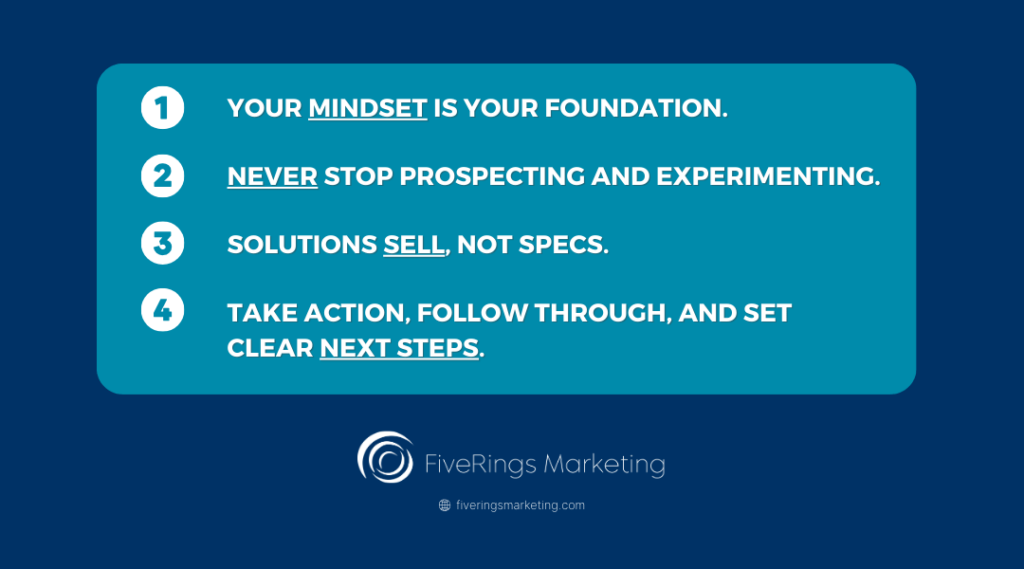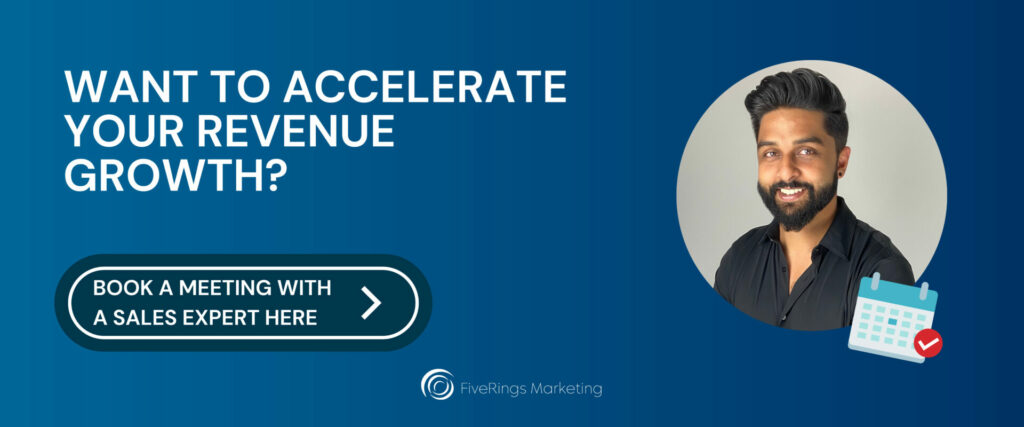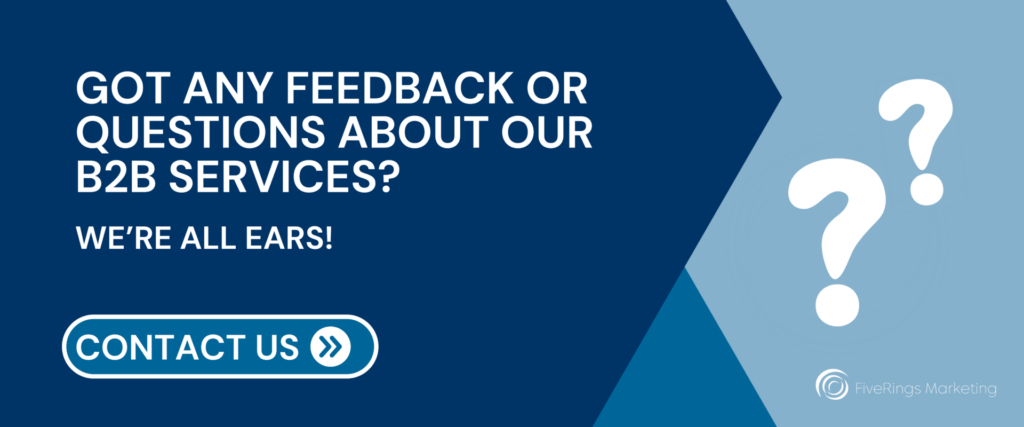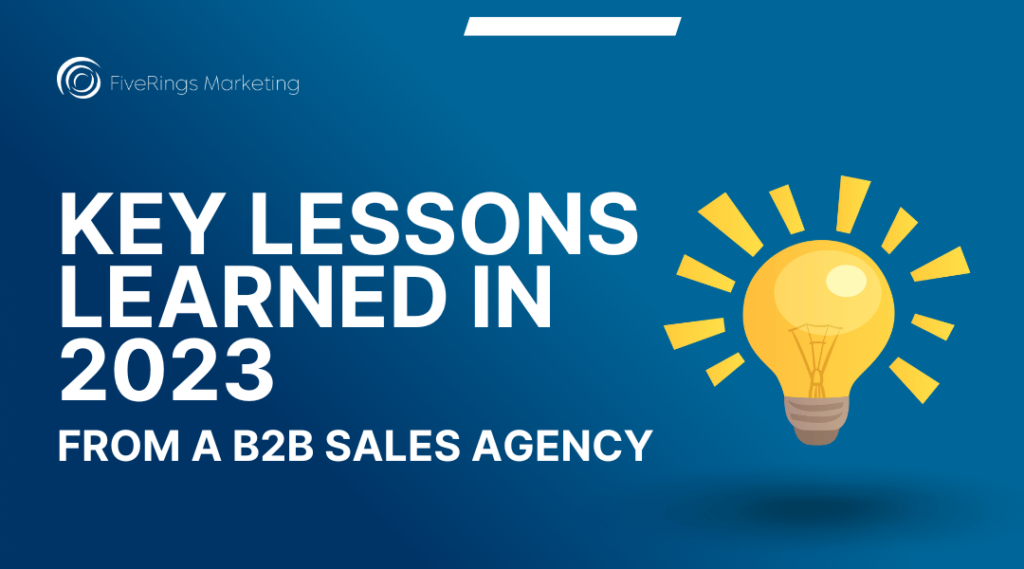
PS. Don’t forget to take notes.
1. The Most Important Thing Is Your Mindset.
Your mindset is everything. It drives you through daily challenges, rejection, and long hours. It’s the foundation for success, even during rough weeks.
Think of it like this: your mindset is a belief system. It’s what you believe about your abilities, your potential, and the outcome of your work. This belief system directly impacts how much you see yourself as a capable salesperson.
Here are the keys:
1. Belief leads to potential: When you believe in yourself, you see more possibilities for success. You believe you can be the best cold caller on the team, the top closer, and the most impactful sales representative. This belief unlocks your potential, pushing you to strive for greatness.
2. Potential leads to action: Armed with a positive belief system and confidence in your potential, you’re naturally motivated to take action. You’ll hustle harder, connect with more leads, and work tirelessly towards your goals.
3. Action leads to results: When you put in the effort, the results naturally follow. You’ll close more deals, exceed your quotas, and become a true sales rockstar.
But what happens when your belief system takes a hit? What happens when you start to doubt yourself and your abilities?
The consequences are clear:
- You see yourself as less capable, limiting your own possibilities for success.
- With a negative mindset, you’re less motivated to work hard and push yourself.
- Without action, you won’t see the results you desire.
The good news? You have the power to control your belief system. You can constantly monitor yourself, identify negative thoughts, and actively reinforce positive beliefs.

2. If It’s Not The Right Fit, Let It Go.
B2B prospecting can be a numbers game, but that doesn’t mean you should try to close everyone you meet. Not every “qualified” lead is a good fit for your business. Pushing or forcing a deal with the wrong client can backfire in the long run.
These are the reasons why it’s important to identify the right fit and let go of the rest:
-> Focus your energy:
Chasing unqualified leads wastes your valuable time and resources. Instead, focus on prospects who genuinely need your product and are ready to buy. This allows you to deliver the best possible experience and build long-lasting relationships.
-> Build genuine connections:
Pushing a product that doesn’t solve a customer’s problem leads to dissatisfaction and resentment. By focusing on the right fit, you can build genuine connections based on mutual trust and benefit.
-> Trust your gut:
Pay attention to the signals you receive during conversations and interactions. If something feels off, don’t ignore it. Your gut feeling can often be the best indicator of whether a prospect is a good fit.
-> Know your product inside and out:
A clear understanding of your product’s capabilities and target audience allows you to quickly identify qualified leads and disqualify those who wouldn’t benefit.
-> Don’t force it:
If the sale doesn’t feel natural, it probably isn’t meant to be. Pushing a sale onto someone who’s not ready or not a good fit can damage your reputation and lead to negative feedback.
Remember that your time and energy are valuable. By focusing on the right prospects and letting go of those who don’t fit, you can build a successful and sustainable sales career.
3. Always Set A Next Step, Always.
Things you can do to set a next step:
- Get buy-in from the prospect: Before ending the conversation, actively involve the prospect in setting the next step. This ensures everyone is aligned and committed to moving forward.
- Be specific and actionable: Don’t just say “we’ll talk again soon.” Instead, clearly state the specific action, who will take it, and by when. This provides clarity and accountability.
Use different types of next steps and don’t ever be afraid to mix things up. Depending on the situation, a follow-up email, a call, a discovery meeting, or even setting a deadline for a final decision could all be effective next steps.
4. Constant Experimentation And A/B Testing Drive Results.

Think of it like this:
Test different email subject lines, cold call opening lines, and LinkedIn connect messages that will drive action.
5. Never. Stop. Prospecting.
Prospecting is the bread and butter of any sales agency. You gotta keep that flow going, no matter what season it is. Why?
6. Problem Knowledge Reigns Supreme.
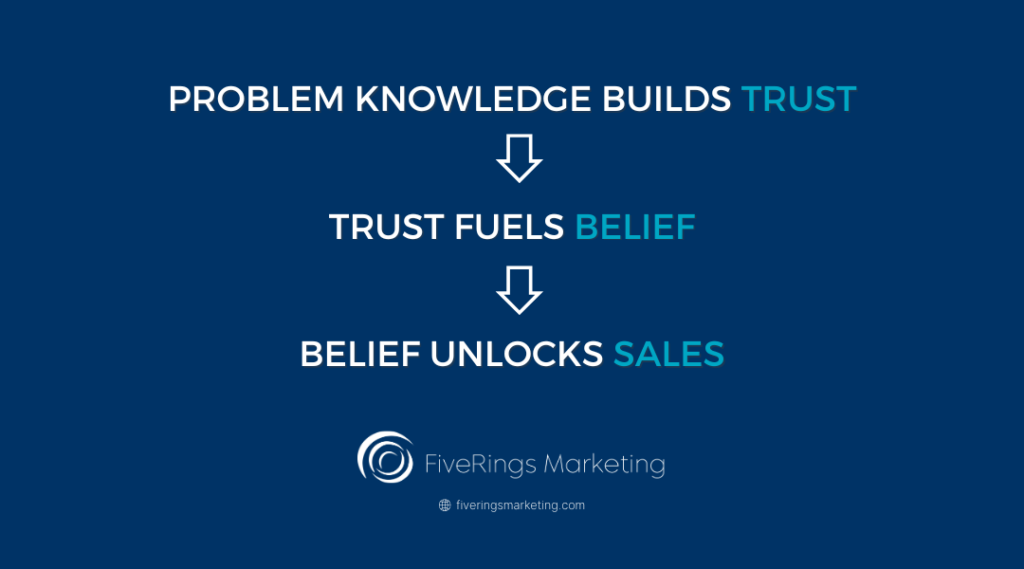
Mastering sales lies in understanding the problems your product solves, not just its capabilities.
People don’t buy products, they buy solutions to their pain points. They crave that sigh of relief, the “ah-ha” moment when their problems get solved. Ask questions, listen intently, and uncover the specific struggles they face.
- highlight how your product is the missing piece in their puzzle
- speak their language
- address their concerns directly
- build a genuine connection based on empathy and shared goals
Of course, product knowledge is still essential. It’s the foundation upon which you build your problem-solving expertise. What sets top salespeople apart is understanding the problem, showing empathy and offering tailored solutions.
Sales Agency Success = Mindset, Muscle, And Momentum
